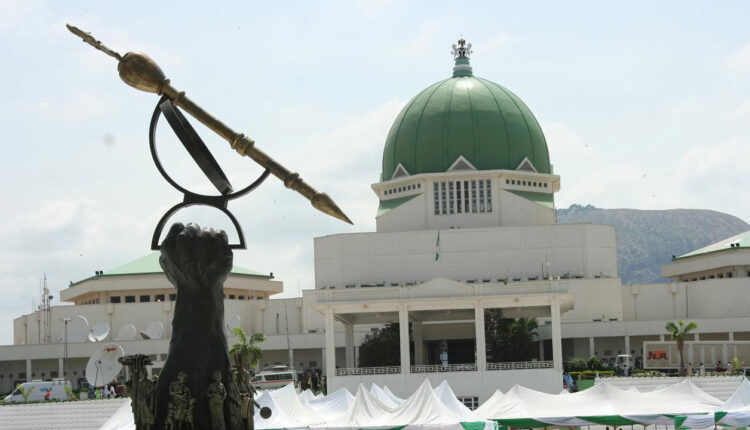The Inter-Party Advisory Council (IPAC) has revived its call for legislative action to increase women’s representation in Nigerian politics in anticipation of the general elections in 2027.
According to the council, a crucial bill that would constitutionally reserve 74 seats in the National Assembly for women alone should be passed.
“Breaking the Barriers and Shaping Positive Attitudes Towards Inclusive Politics in Nigeria” was the title of a two-day empowerment conference in Abuja, where the concept was a major topic of debate.
Bringing together leading voices advocating for gender equality in politics, the event was organized by the National Institute for Policy and Strategic Studies (NIPSS) in collaboration with IPAC’s Directorate of Women Affairs.
The forum was used by Yusuf Mamman Dantalle, National Chairman of IPAC, to highlight the council’s dedication to inclusive governance. He reiterated IPAC’s commitment to pursuing the bill’s passage by the National Assembly and the White House.
As a result, IPAC restates its demand that the National Assembly enact the measure for the special seats reserved for women in parliament. “The bill aims to increase female participation in politics by allocating 74 seats to women,” Dr. Dantalle stated.
IPAC announced the creation of three specialized directorates devoted to women, youth, and persons with disabilities in order to formalize its inclusive approach. Redefining political party dynamics and guaranteeing fair representation at all levels, from the local to the national, are anticipated to be major tasks for these directorates.
Systemic injustices that have long prevented women from actively participating in politics must be eradicated, according to Dantalle. Among these obstacles are ingrained cultural prejudices, economic marginalization, and unequal educational opportunities.
“Women’s active political participation is essential to attaining inclusivity, equality, equity, and sustainable development in any democratic society,” he emphasized.
Dantalle emphasized the need to pass the Electoral Offenses Commission bill as part of his broader advocacy, citing its relevance in fostering accountable and clean elections.
In order to prosecute electoral offenders and their sponsors, the Council impels the National Assembly to enact the Electoral Offences Commission bill into law, he continued.
IPAC suggested combining Nigeria’s election days into one day of voting as part of a larger electoral reform. Using successful cases from Ghana, Sierra Leone, and the United States, Dantalle proposed that a single election day would simplify operations and save money.
Dantalle claimed that a one-day election would solve logistical issues, cut expenses, and minimize interruption.
Former Women Affairs Minister Pauline Tallen, meanwhile, proposed a more drastic strategy for accelerating gender parity. Political parties should amend their constitutions to ensure that women hold at least half of all elected and appointed positions, she urged.
Read Also: Timi Frank Accuses Tinubu Of Blackmailing, Pressuring Five PDP Governors Under Duress To Defect To APC
“As a solution, I suggest that all political parties immediately alter their constitutions to provide women with special seats. According to her, parties ought to require that women hold at least 50% of appointments and elective seats.
Tallen also advocated for the implementation of the “Zebra Policy,” a method of nominations based on gender that alternates between male and female candidates on party platforms. According to her, political parties must support social reform in addition to becoming leaders.
The speaker went on to say that political parties must take the initiative to remove cultural and religious restrictions that prevent women from participating in politics because they are essential to governance and policy development.
Tallen directly addressed Nigeria’s First Couple as she wrapped up her speech.
Leading the push for gender inclusion should be President Bola Tinubu. Tallen proposed that Mrs. Oluremi Tinubu take advantage of her position to advocate for women’s mainstreaming in Nigerian politics.
Tallen bemoaned the lack of female political presence in Nigeria on a worldwide scale. Women presently hold just 4.2% of the seats in the National Assembly, she said, lagging much behind countries such as Rwanda, where 64% of the legislature is made up of women.
“Gender mainstreaming and eliminating gender bias in politics are critical tasks for Nigeria, the Giant of Africa,” she stated.

